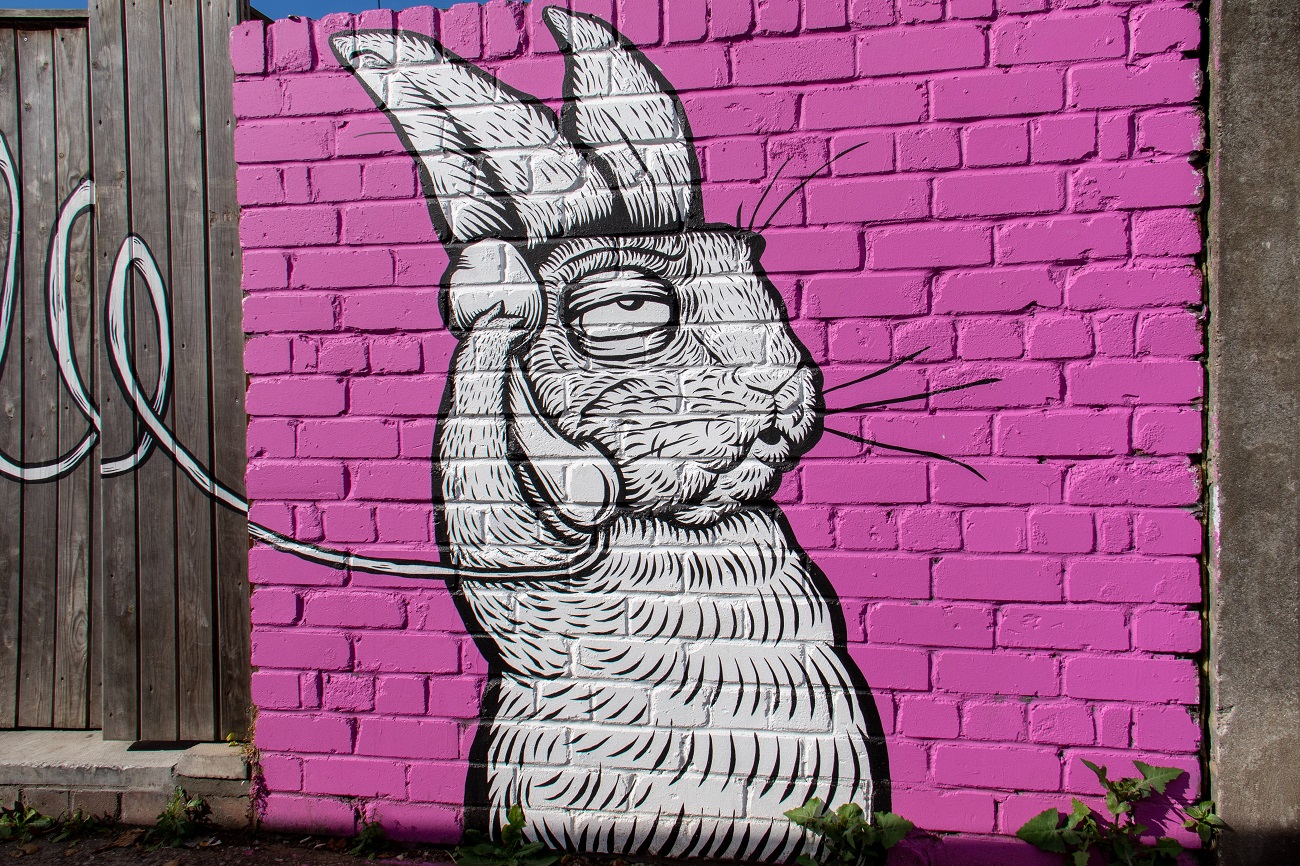Depression is an epidemic of our generation. The Wall Street Journal has called us the ‘Therapy Generation’.
According to a study, symptoms of depression had increased from 9 percent to almost 15 percent between 2005 and 2015.
While this is definitely one concerning side of the ongoing mental health crisis across the world, the other is the rampant self-diagnosis of the disease.
Most people never go to a clinic or get an actual diagnosis from a professional, instead they use the words depression and sadness interchangeably — and without any professional identification end up believing that they are depressed. It can be confusing because the most recognisable symptom of depression is sadness.
However, before you diagnose yourself with depression or low self-esteem, take a careful look around yourself. The people you frequently hang out with, the ones you call every day, the colleagues at work, that one friend whom you tell your happy news before anyone else. It isn’t uncommon to lose all sense of self and happiness, when you are surrounded by toxic, manipulative people.
A friend of mine used to be infinitely sad and low when she was living with her controlling parents. When she decided to move out, her situation improved immediately and drastically, making her realise that the helicopter parenting method in her home was impacting her confidence and self-esteem.
They can be your friends, your family, even your mother. They can be anyone.
Usually, these people appear sweet and caring at the surface, but if closely observed, they frequently display abusive undertones and passive-aggressive behaviour.
For instance, a friend who despite knowing your struggle with weight invites you for a couple of beers and a take out every weekend. Or a parent figure in your life, who is constantly calling you out names to make you perform better at college or school.
The good news is once you’ve identified that there’s a person in your life who’s hurting you emotionally, you can begin the work of getting your self-esteem and peace of mind back. One of the effective tools to do that is limiting your exposure with them. In extreme cases, you may have to completely break off things with someone, but usually taking actions like calling them out every time they make an off-handed remark or try to challenge your boundaries works with them.
But the most important step in this process is identifying that crappy friend who is damaging your confidence and inner peace.
I was clinically depressed a few years ago, but a few months ago, I started experiencing unusual breakdowns and increased anxiety, for no evident reason. Well, at least that’s what I thought. I believed I was falling back into depression, and was at the verge of starting therapy.
However, luckily for me, I took a step back and carefully evaluated some of the closest relationships around me.
Turns out, one of my ‘best friends’ was the reason behind my recent inexplicable emotional burnouts. Even though she was sweet and nice generally, there were toxic undercurrents to our relationship. The friendship had run its course, and with time, had become a baneful burden on my mental health. She was frequently dumping down her emotional baggage onto me, and I couldn’t say no out of the fear of coming across as rude. She was also actively projecting her own insecurities onto me, which indirectly used to affect my mood.
It took me a while to figure out, but gradually I cut down my time with her. Until a few months ago, she was my go to person for everything, but now I talk to her just once in a few weeks. Our friendship is maintained within healthy boundaries, and no one got hurt.
And surprisingly, it worked wonders for me. I am more positive, more assertive, and in all the extra time I got away from her, I have taken up new hobbies.
I understand what I am preaching here is not easy. It isn’t exactly a cakewalk to cut down and build a life away from the people you love.
Generally, we are taught to be nice to everyone, especially the ones who are close to us. As a result of being kind and understanding to everyone all the time, we put immense pressure on ourselves to meet their expectations. It is hard for us to know when the actions and reactions of other people stealthily turn into toxicity and abuse because there are no clear identifiers.
If the damage done is deep and the exposure was prolonged, the journey to lucid emotional health can be tricky. One of the less talked about aspects of being too nice is that when you do finally put your foot down, you feel guilty about it. In such cases, it is recommended that you do not make your journey all alone — instead confide in someone to help you in recovering from your crappy friend.
To conclude this, I am going to just leave this viral tweet from a woman on Twitter:
“Before you diagnose yourself with depression or low self-esteem, first make sure that you are not, in fact, just surrounded by assholes.”
Crafted with brevity
to make certain you see what others don't
Subscribe. We are growing.












A former journalist and PR, Ananya worked across the spectrum for six years before quitting her day job to become a full-time writer. She is passionate about art, pop culture, gender, and mental health. A doting mom to three cats and two dogs, Ananya enjoys sipping red wine and writing poetry in her free time.